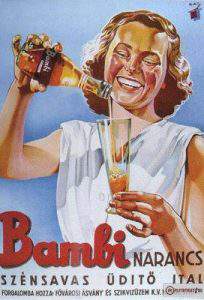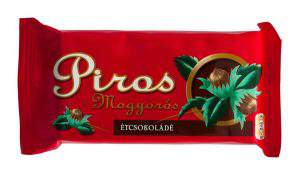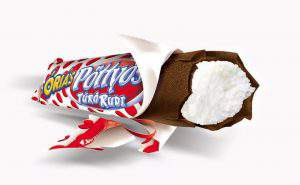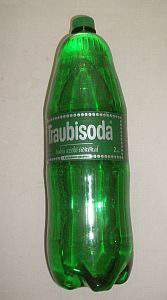Hungary not only has many Nobel-prize Laureates, but has many retro snacks, drinks and cosmetics, as well. Manager Magazin of Világgazdaság has collected some of the most important, but less known hungaricums.
The Wise Woman’s heritage – Helia D

The story of Helia D, the cosmetic brand, is truly like a fairy tale. There was as an old lady in Szigethalom, who created various lotions based on her own ideas. Radio stations and the press picked up the story. The Hungarian National Bank had a mutual fund at that time which made an offer to the elderly woman. Finally,
thanks to the Biogal Pharmacy in Debrecen the product was ready to be put on the shelves of the local supermarkets before the Christmas holiday in 1981.
After the regime change in Hungary, a foreign businessman bought the brand, but he did not intend to deal with cosmetics. Thus another multinational company took the lead of Helia D, which received less attention and marketing support. Hence the number of products dramatically decreased from more than a hundred to only four by 2004. Then Péter Budaházy purchased the company. Since then, they introduced more than a hundred new products to their portfolio.
Bambi, the bottled syrup

This orange flavoured syrup became the symbol of the 1950’s and 1960’s, but to tell the truth, it had a mildly tarry taste indeed. It was sold in 0.25L buckled glasses and was the only soft drink of Hungary for a long time. It was bottled since 1947 by the Mineral Water Plant of the Capital.
The first American soft drink ever distributed in Hungary was Coca Cola, in 1968.
However, Bambi had a final lash: Thermal and Open-Air Baths of Budapest ltd. asked a few old “timers” at the beginning of the 2000’s, who contributed to the production of Bambi back then, to create a syrup from better quality ingredients. It is still sold until this day, although only in a limited edition, approximately five to six thousand bottles a year.
Hungarian Chocolate for Hungarian People
Boci (Cow), Balaton bar, Piros Mogyorós (Red Chocolate with Nuts) – If you mention this to a Hungarian, they will immediately recall what these are. And do not be deceived by Piros Mogyorós, it is not red at all!
Balaton is a chocolate coated wafer originally available with mil and dark chocolate coat, while the only thing Boci has in common with a cow is the milk in the chocolate bar. The only problem with these sweet treats is they are produced abroad today.

The Boci and the Balaton bar have been acquired by Nestlé, while Piros is coming from the Czech Republic, Slovakia and Romania by Kraft Foods, thanks to our entry into the European Union. Balaton bar is coming from Romania since 2008, while Bonbonetti (producing the famous Tibi Chocolate), the former owner sold the last Hungarian chocolate factory to the Ukrainian Roshen.
Pöttyös “Túró Rudi”, the real curd snack

Pöttyös “Túró Rudi” is owned by the Dutch Friesland-Campina Ltd. The factory with the highest production capacity is based in Mátészalka where 33 thousand of the mighty curd snacks are coming down the lines every hour. None of them are wasted:
Hungarians spend approximately 20 billion HUF (= 61,663,926 EUR) on túró rudi.
Legends say it originates from the Soviet Union. A delegation of Hungarian dairy specialists found a curd snack called “syrok” in the 1950’s, which means curd snack itself. They took it home and then started to sell it in the red dotted wrapper.
The Original Traubi

Traubisoda or, as we call it, Traubi, is a soft drink made in Hungary since 1971. The press called it the first modern Hungarian drink. It is made from concentrated must and sold in Hungary, Austria and Croatia. The company was launched in 1971 when BÁG (Badacsonyi Állam Gazdaság) received the rights to use the name, from the Austrian Lenz Moser. Then they started to produce Traubisoda in Balatonvilágos.
Featured Image: Fortepan